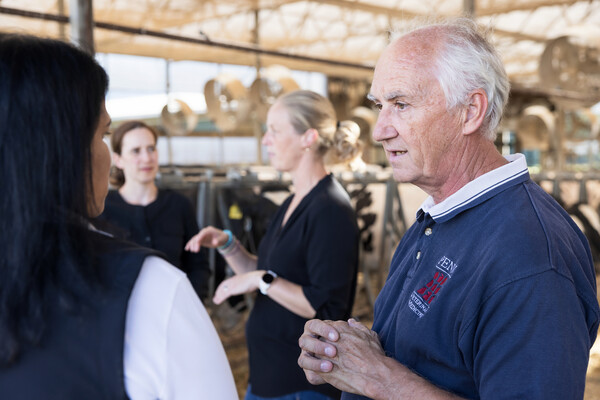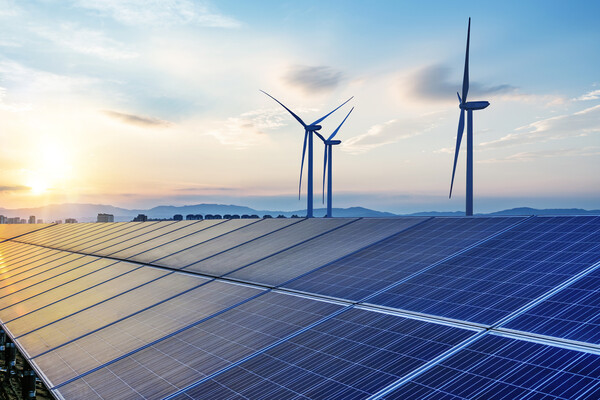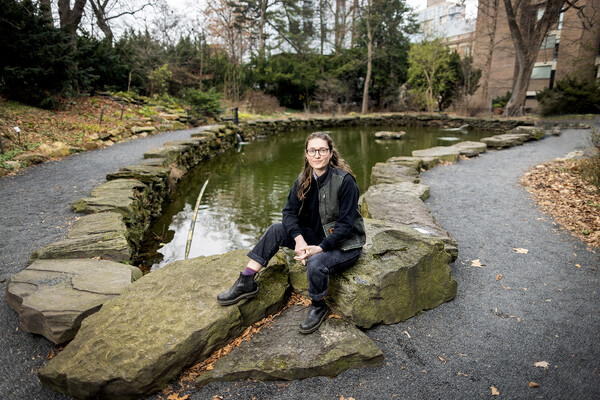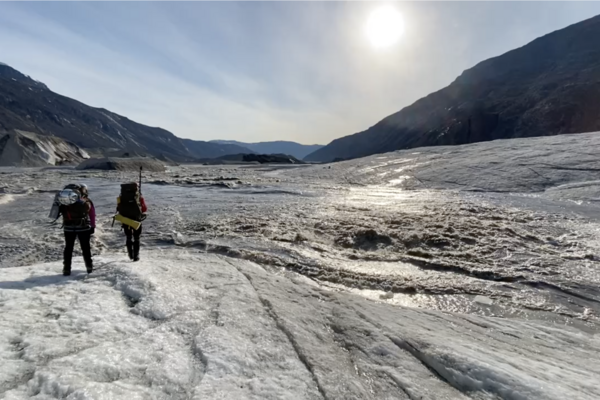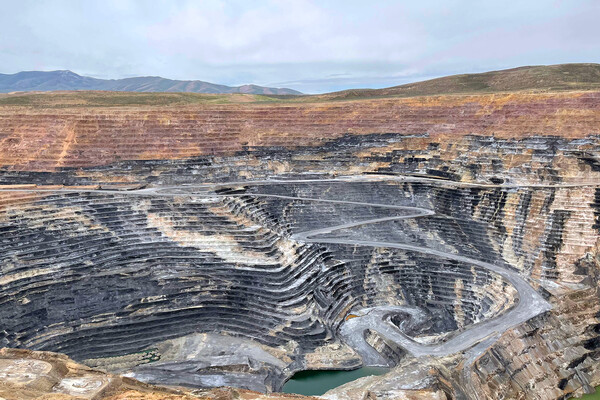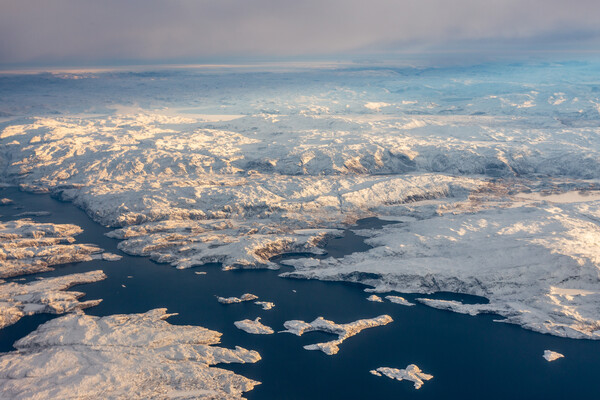5/18
Earth and Environmental Science
Cross-disciplinary collaboration for a healthier planet
The Environmental Innovations Initiative announces a third round of funded research communities to catalyze interdisciplinary research at Penn, investigating issues from regenerative agriculture to project-based learning for global climate justice.
Caring for the campus landscape with an ecological mindset
The Ecological Landscape Stewardship Plan, developed in 2018, offers a framework for the Division of Facilities and Real Estate Services to design, maintain, and celebrate the beauty of the campus landscape with an emphasis on its role as a balanced ecological system.
Celebrating Earth Week at Penn
Organized by Penn Sustainability, Earth Week runs April 17-23 and will include dozens of events centered on the themes of environmental justice, climate, and nature-based solutions.
Climate scientist Michael Mann makes a home at Penn
Known for his “hockey stick” graph that hammered home the dramatic rise of the warming climate, the climate scientist is now making his mark on Penn’s campus, both through his science and his work on communicating the urgent need for action on the climate crisis.
At Penn Energy Week, a time to reflect on energy science, technology, and policy
Hosted by the Kleinman Center for Energy Policy and the Vagelos Institute for Energy Science and Technology, the third annual Energy Week, which runs March 20-24, offers events on decarbonization, careers in the energy sector, global energy security, and more.
Update of a local tree field guide offers ‘antidote for plant blindness’
A new edition of “Philadelphia Trees,” coauthored by former Morris Arboretum director Paul W. Meyer, Catriona Bull Briger, and Edward Sibley Barnard offers tips for identifying tree species and highlights some of the most notable trees in the region, including many on Penn’s campus.
Who, What, Why: Tess Kuracina tends to the ‘BioPond,’ a beloved campus oasis
As garden supervisor for the treasured green space formally known as the James G. Kaskey Memorial Park, Kuracina plans, plants, waters, and weeds, aiming to make it ‘more beautiful and special every year.’
From glacier ice, a wealth of scientific data
Biogeochemist Jon Hawkings of the School of Arts & Sciences and his lab study glaciers to understand the cycling of elements through Earth’s waters, soils, and air in its coldest regions, with implications for climate change, ecosystem health, and more.
Turning carbon emissions into rocks
In Penn’s Clean Energy Conversions Lab, researcher Peter Psarras and colleagues are repurposing waste from industrial mines, storing carbon pulled from the atmosphere into newly formed rock.
What secrets might 2-million-year-old DNA hold?
Scientists from Denmark recently extracted and sequenced the oldest-ever DNA, from permafrost in Greenland, revealing a robust ecosystem of 135 species. Penn Today spoke with four faculty members about the potential power of ancient DNA.
In the News
The world’s oceans just broke an important climate change record
Michael Mann of the School of Arts & Sciences says that the warming of the oceans is helping to destabilize ice shelves and fuel more powerful hurricanes and tropical cyclones.
FULL STORY →
Forecast group predicts busiest hurricane season on record with 33 storms
A research team led by Michael Mann of the School of Arts & Sciences is predicting the upcoming Atlantic hurricane season will produce the most named storms on record, fueled by exceptionally warm ocean waters and an expected shift from El Niño to La Niña.
FULL STORY →
Satellite images capture extraordinary flooding in the United Arab Emirates
Michael Mann of the School of Arts & Sciences explains how three low-pressure systems formed a train of storms that battered the United Arab Emirates.
FULL STORY →
My Climate Story: Philly students take science from abstract to personal
The “My Climate Story” project at the Environmental Humanities Department helps students and teachers learn about climate change’s impact in everyday backyards, with remarks from Bethany Wiggin. The idea is credited to María Villarreal, a College of Arts and Sciences second-year from Tampico, Mexico.
FULL STORY →
Here’s why experts don’t think cloud seeding played a role in Dubai’s downpour
Michael Mann of the School of Arts & Sciences says that many people blaming cloud seeding for Dubai storms are climate change deniers trying to divert attention from what’s really happening.
FULL STORY →
“Record-shattering” heat wave in Antarctica — yep, climate change is the culprit
Michael Mann of the School of Arts & Sciences says that persistent summer weather extremes like heat waves are becoming more common as people continue to warm the planet with carbon pollution.
FULL STORY →



